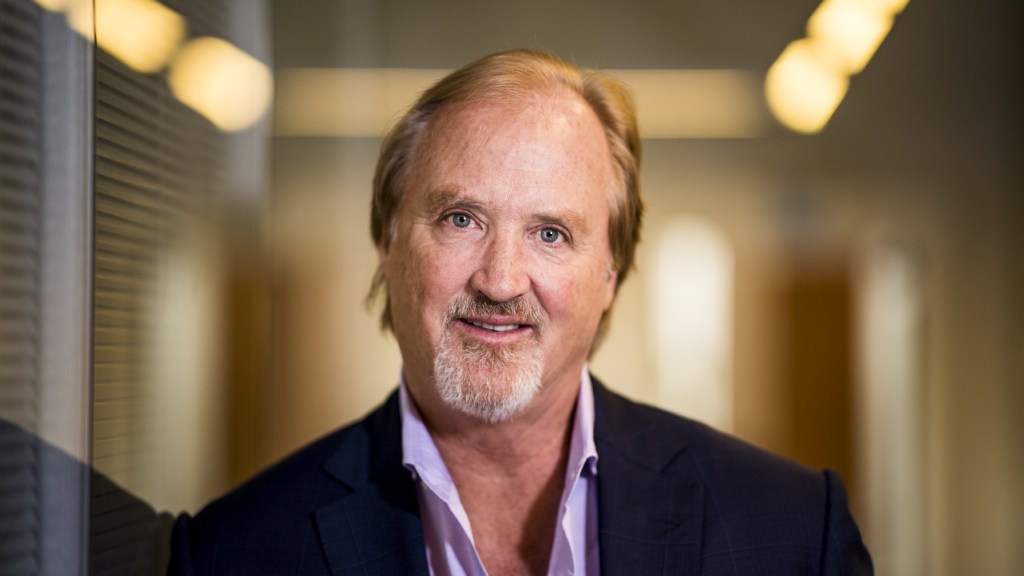Telenet customers waiting for the promised new decoders will have to wait a little longer, according to the company’s CEO, John Porter.
The problem is a world shortage of semi-conductors, those microchips that run our lives, that make your fridge tell your phone it’s time to buy more oat milk, and power just about every device in your home.
The new decoders will only be available for the time being to new customers who have opted for an entertainment package. They allow voice control for certain functions like changing the channel, recorded programmes are now stored in the cloud, and streaming services like Prime Video and Netflix can be integrated.
Existing customers whose decoder is no longer functioning will receive an old model as a replacement while the chip shortage continues. And those who can’t wait can sign up on the Telenet website for an advance model, for certain flexible values of ‘advance’: pay €50 and you can have a new decoder by the end of the year … hopefully.
The roll-out of new digicorders started at the end of last year, before the shortage hit, and so far some 235,000 customers are equipped with the new model. How much longer the others will have to wait is difficult to estimate, Porter said.
"There are two manufacturers who make our chips," he said during the presentation of the half-year results. The stock, he said, would gradually recover.
The worldwide shortage of semiconductors is largely due to two factors: the closure of factories as a result of the Covid-19 pandemic; and an incessant consumer demand for electronic products.
People confined at home for work decided they needed a new laptop, desktop or smartphone; for those stuck at home for play, the demand was for tablets and TV sets. Before long, demand ate into stocks of semiconductors, while none were being made.
According to the best estimates, the shortage is likely to last into 2022.

